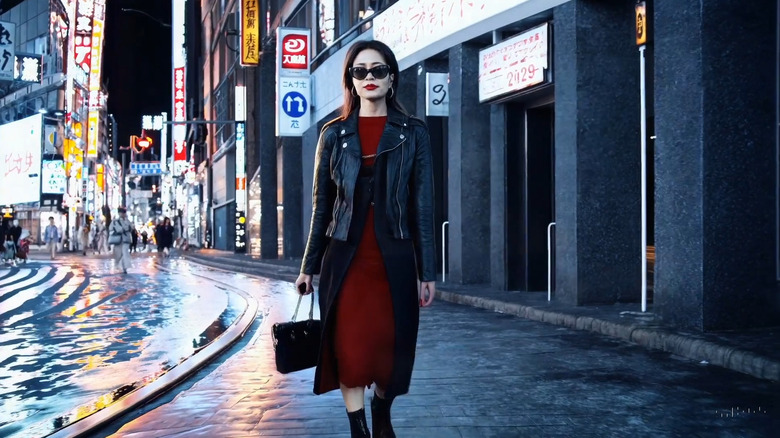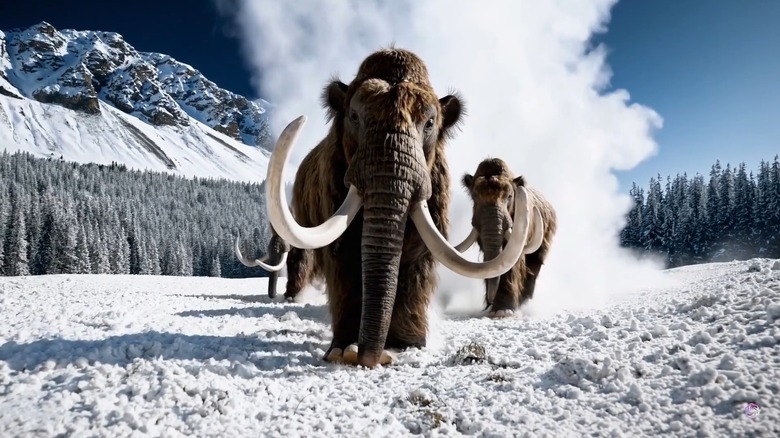OpenAI's Sora Text-To-Video Generator Will Open Public Access This Year
Sora, the text-to-image AI generator that recently set the internet on fire, is finally going public soon. In an interview with The Wall Street Journal, OpenAI CTO Mira Murati revealed that Sora will be released later this year, adding that it could take a few months for that to happen. For those who don't recall, when OpenAI first demoed Sora, the company kept it limited to a handful of researchers and creators as part of an effort to find out its flaws before a wide release.
"This is the reason why we're actually not deploying the systems yet. We need to figure out these issues before we can confidently deploy them broadly," Murati is quoted as saying. Those concerns are not unfounded. Google recently landed itself in controversy after its Gemini AI started creating images that were grossly inaccurate and exhibited historical revisionism tendencies that triggered people across different ideological perspectives.
Google was eventually forced to put Gemini's image creation feature on a temporary halt until the flaws were ironed out. Other cases of questionable or even potentially illegal material generated by AI shed even more light on the hurdles that AI developers must overcome. As far as Sora videos go, they will be watermarked, both visibly and in the metadata. Murati also revealed that Sora-generated clips will eventually add audio, as well.
A tale of caution and promises
On its own merits, OpenAI's video generator is capable of not only imitating camera styles but also delivering videos with specific perspectives for the camera view, all while retaining a stunning level of photorealism. Some experts have also pointed out a few eerie similarities between stock footage and the Sora output, indicating that the model was trained on publicly available data, but there's no clarity on exactly how it was used.
However, it seems all that quality and visual finesse will come at a cost. "Right now, it's far more expensive to produce Sora's video clips than images from Dall-E," Murati said in her interview. Currently, it takes a few minutes to create a 20-second video clip from Sora. Factor in all the computing power required in the process, and the potential for OpenAI to charge more than an average ChatGPT Plus subscription is not unrealistic.
However, the training datasets used in its model still remain a point of contention, and Murati wasn't particularly transparent about how Sora was trained and the depth of content included in the training stages. That could possibly be a recipe for legal trouble once the model is released publicly. Aside from a lawsuit courtesy of Elon Musk, OpenAI was also sued by The New York Times over copyright claims. A handful of other publications, including The Intercept, also filed lawsuits against the company.

